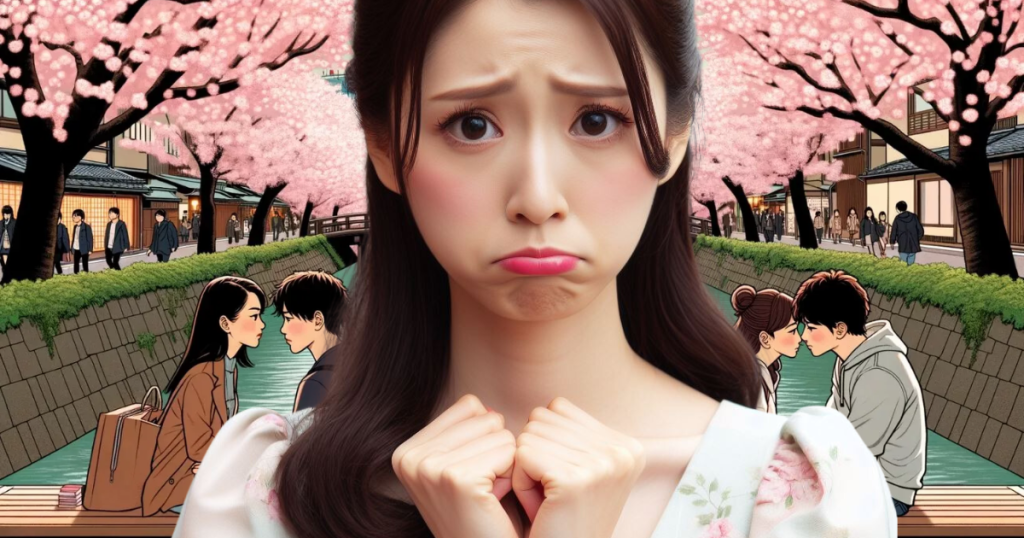Japanese Christmas Cakes: A Symbol of Prosperity, Good Luck, and… Sexism?
In Japan, Christmas cakes are very popular treats around Christmas time. These cakes have an interesting history and meaning beyond just being tasty.

A Luxurious Symbol After the War
Picture a fluffy white sponge cake covered in lightly sweetened whipped cream. It is decorated with a pretty pattern of bright red strawberries and shiny glazed fruit on top. This is the famous Japanese Christmas cake, a fancy dessert that is a big part of the holiday.
But these fancy cakes stand for much more than something sweet to eat. They show how much Japan’s economy grew after the destruction of World War II.
How Christmas Cakes Became a Sign of Wealth
After World War II, Japan was rebuilt with help from America. Poor Japanese people wanted the nice things and treats that American life had. When Christian missionaries brought Christmas parties over, the lavish cakes became linked with America’s wealth.
Their round shape and colors also made them festive holiday foods. As Japan became more prosperous in the 1950s and 60s, Christmas cakes turned into symbols of money. Elaborate cakes showed you had spare money to spend, and they spread as a cultural fad.
The Custom Still Holds Meaning
Today, Christmas cakes are still desired gifts given to friends, family and coworkers each year. Beyond taste, they represent blessing, hope and togetherness.
Their pure white frosting signals purity and new beginnings. Bright red strawberries bring luck and success. The round shape stands for unity and shared joy.
An Unpleasant Association
Sadly, Christmas cakes also took on a less appetizing association over time. By the 1980s, Japanese media used the term “Christmas cake” as slang for a woman over 25 who wasn’t married.
The idea was women, like Christmas cakes, were good before age 25. After that, both were seen as unwanted leftovers. This unkind metaphor was very rude to single women, acting like they were desperate and expired.
Thankfully very outdated, it did show old attitudes pressuring women to marry, or be judged for staying single.
A Happy Holiday Treat With Controversial Roots
While not an actual holiday in Japan, Christmas cakes remain popular year after year. Their complex history reveals an unkind prejudice that went away.
Beyond tasting great, these festive cakes show postwar progress and optimism. Their rich story reminds us how traditions can sometimes take on surprising meanings over time.